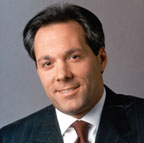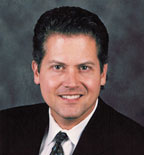
MARCH 2006
The Elusive 'Quality of Life' (cover)
Quality of Life Indices That Matter in Today's Market
Connecting Quality of Life to the Bottom Line
Business, Cultural and Lifestyle Amenities …
Available for Work, Available for Hire
ESBAŞ rests in the "Pearl of the Aegean"
Think ESBAŞ
Nebraska Advantage Attracts $283.2 Million in Investment and 3,509 Jobs
Nebraska Department of Economic Development
Request Information

SPECIAL ADVERTISING SECTION
QUALITY-OF-LIFE LEADERS
QUALITY-OF-LIFE LEADERS




